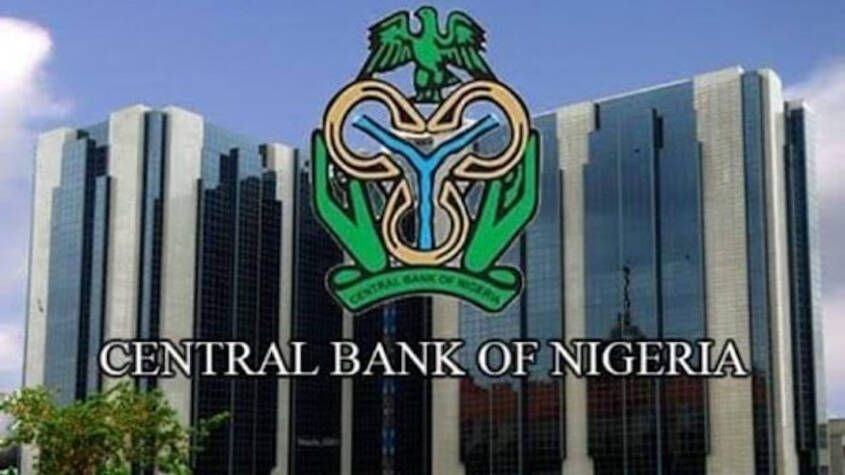The Central Bank of Nigeria (CBN) has introduced a new monetary policy aimed at stabilizing the Naira and curbing rising inflation. As part of the policy, the CBN has adjusted interest rates and implemented new measures to control money supply and foreign exchange volatility. The move comes in response to mounting economic pressures, including the depreciation of the Naira, which has significantly impacted the cost of living in Nigeria.
Inflation in Nigeria has been on an upward trajectory, driven by factors such as increased fuel prices, disruptions in supply chains, and the global economic slowdown. The CBN’s new policy seeks to address these challenges by tightening monetary conditions to reduce excess liquidity in the market. The policy includes raising the Monetary Policy Rate (MPR) by 50 basis points, bringing it to 14.5%, as well as increasing the Cash Reserve Ratio (CRR) for banks.
The CBN has also emphasized the need for greater coordination between monetary and fiscal policies to ensure sustainable economic growth. In addition to these measures, the CBN is working closely with other financial regulators to enhance the stability of the banking sector and improve investor confidence.
Analysts have expressed mixed reactions to the CBN’s new policy. While some believe that the tighter monetary stance will help rein in inflation and support the Naira, others are concerned about the potential impact on economic growth and access to credit. The business community is closely watching the CBN’s actions, as the success of this policy will have far-reaching implications for Nigeria’s economic future.





































